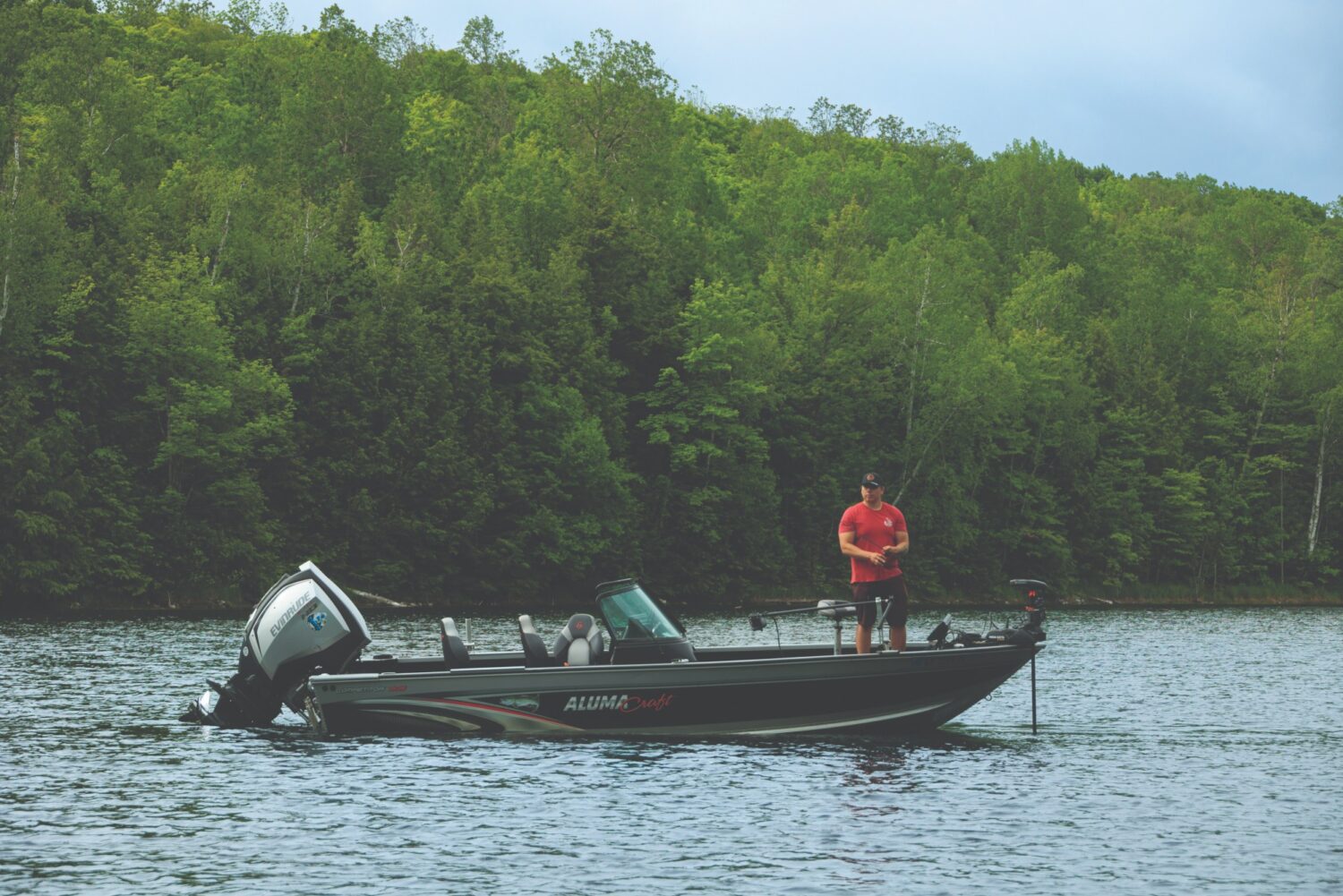
Wisconsin's Native American tourism economy is experiencing significant growth, driven by initiatives that emphasize cultural heritage and sustainability. Ryon Alloway, a 24-year-old fishing guide and member of the Forest County Potawatomi, launched Alloway Outfitters in winter 2024, offering fishing trips around Crandon, Wisconsin, for $500 a day. This venture reflects a broader trend in Native American tourism, which has seen nearly 2 million travelers visiting Indian Country in 2016, marking a 180% increase since 2007 [cdd097a1].
Kimberlee McGeshick, executive director of Native American Tourism of Wisconsin (NATOW), highlights the economic impact of this growing industry, noting that cultural heritage travelers tend to spend more and stay longer than average tourists. Events such as pow-wows, as pointed out by Lloyd Frieson from the Menominee Indian Tribe, also contribute significantly to local economies by attracting visitors and fostering community engagement [cdd097a1].
In addition to fishing tourism, other ventures are emerging, such as Apache Danforth's Good Words Travel, launched in 2022 to promote Indigenous tourism. This initiative aims to enhance cultural understanding and provide educational experiences for visitors [cdd097a1].
Sustainability is a key focus within Wisconsin's Native American tourism practices. Elena Terry advocates for food sovereignty and cultural education through agriculture, emphasizing the importance of responsible tourism that respects Indigenous traditions and promotes environmental stewardship [cdd097a1].
As the industry evolves, sensitivity and open-mindedness are essential for visitors to fully appreciate the rich cultural heritage of Native American communities. This growing tourism sector not only provides economic opportunities but also fosters a deeper understanding of Indigenous cultures and their contributions to the broader community [cdd097a1].